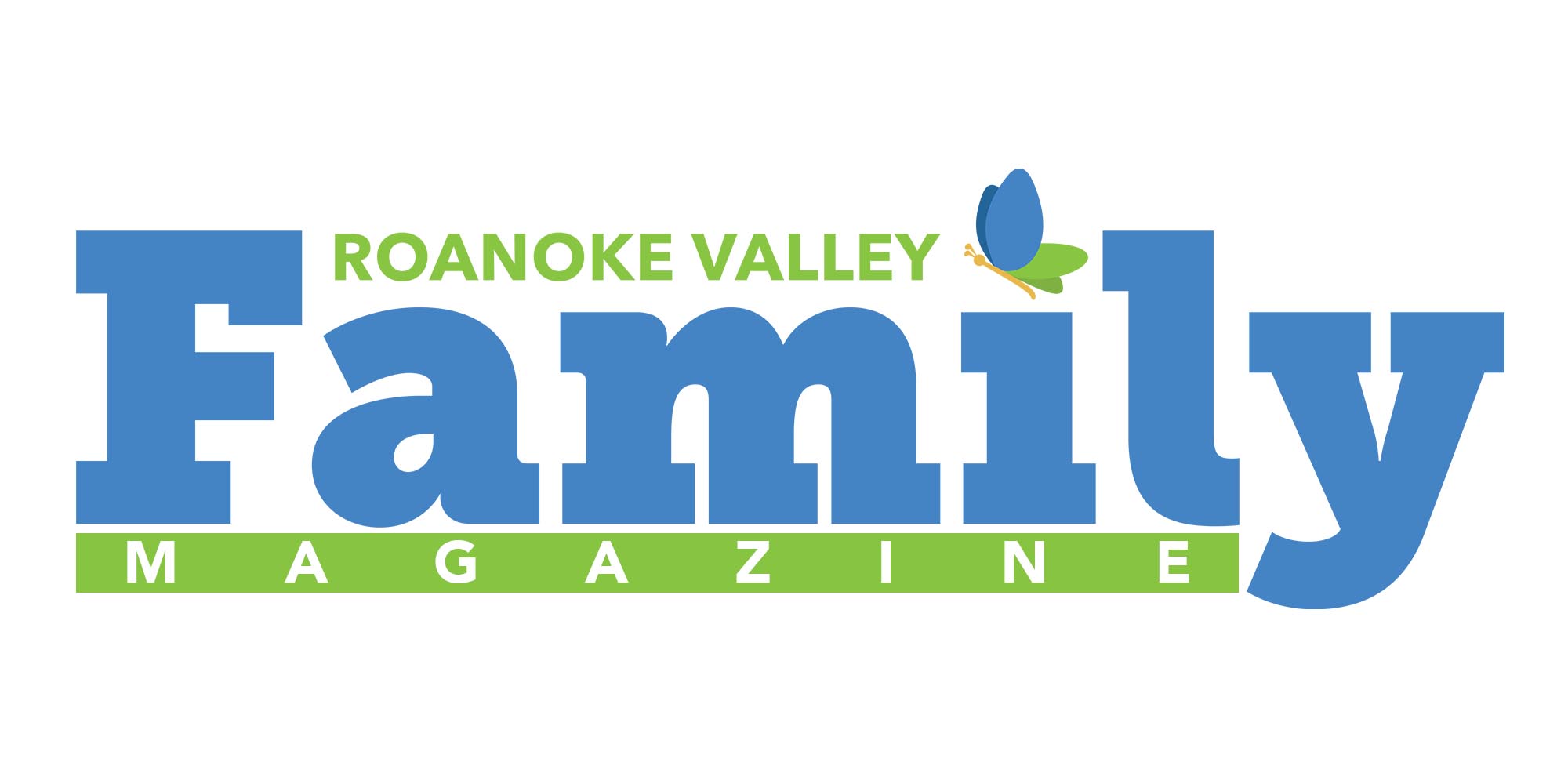Family Finance
Now that children are back in school, there are papers to write, homework to complete and tests to study for. And for high school students in Virginia, Economics and Personal Finance is now part of the curriculum. Beginning with students who entered the ninth grade during the 2011-12 school year, a one-credit Economics and Personal Finance course is required to graduate. Virginia’s efforts in financial education have been recognized and the commonwealth received an A in a national study of state efforts on financial literacy in high schools. Virginia is one of seven states in the nation to earn an A for its efforts. As Virginians, we are fortunate to live in a state that recognizes the importance of financial literacy, particularly given the current economic environment.
While Personal Finance is an invaluable course for high school students to receive, children are never too young to learn basic financial principles and the importance of saving money. Many children understand the concept of money before they can even read so it’s important for parents to help teach and demonstrate sound financial principles to children at a very young age. Teaching children to become financially responsible adults is an ongoing effort, but the earlier you start, the better.
The following are some helpful things younger children need to know to start living financially smart lives.
- Identify Coins and Dollars. Show your child coins and dollars and identify their value. Use dried beans or marbles to show how much each one is worth.
- Explain How Money Works. Use everyday opportunities to teach children that money is needed to buy things. A trip to the grocery store or the gas station can provide a quick lesson in how we use money.
- Talk About Earning Money. Talk to your child about your job as well as other jobs in the community that people have in order to earn money. Encourage your child to think about ways they could earn money. This could be a household chore or a lemonade stand. A small task or regular chore can teach your child about work ethic.
- Encourage Your Child to Save. As your child earns money for chores, a lemonade stand, or a lost tooth, instill the habit of saving money before spending immediately by introducing a piggybank or jar where your children can save their money and keep track of their progress. The ability to be patient will help them realize they can save for a larger, more valuable possession.
- Needs vs. Wants. As you are out running errands or shopping, talk about the essentials that you need and also what you need to pass up. Encourage your child to think about items that are wanted, but may not be needed.
- Use Allowance as a Tool. When used effectively, an allowance can reinforce the fact that money is limited and it gives children something to keep track of. They will eventually learn to be more careful with money so it doesn’t “disappear.” (Their money tends to be viewed as more precious than yours!) There is a lot of trial and error with allowances and families must decide how to structure them before beginning one.
- Visit the Bank. Many young children enjoy going to the bank so use this time to show them how deposits work and to explain how money at a bank is safe and protected.
- Open a Savings Account. Bring your child with you when you open a savings account for them. Talk to them about interest rates and how it can make their money grow even faster.
- Set the Example. Research shows parents have the greatest influence on a child’s financial literacy. As a parent, try to incorporate sound money management practices in your daily lives and share your decision making with them. If you need help with this, there are many resources available – from websites andbooks to a local financial institution.
The good news for Virginia residents is that studies show students have higher savings rates when they graduate from a high school in a state that requires personal finance education versus those that do not. If students learn about managing money both at home and at school, then they are on the right path to becoming a financially responsible adult. As we empower the next generation with a financial education, we will create productive members of society and help set a trend for generations to come.
![]()
Carolyn Kiser is Vice President, Director of Marketing at HomeTown Bank. HomeTown Bank is a community bank committed to providing financial education to people of all ages. HomeTown Bank is a regular participant in two American Bankers Association sponsored events—Teach Children to Save and Get Smart About Credit. Through these initiatives, bankers from HomeTown Bank visit area classrooms or youth groups in the community to teach financial topics. If you are interested in having your school or organization take part in this program, please contact Carolyn Kiser at ckiser@hometownbankva.com.




